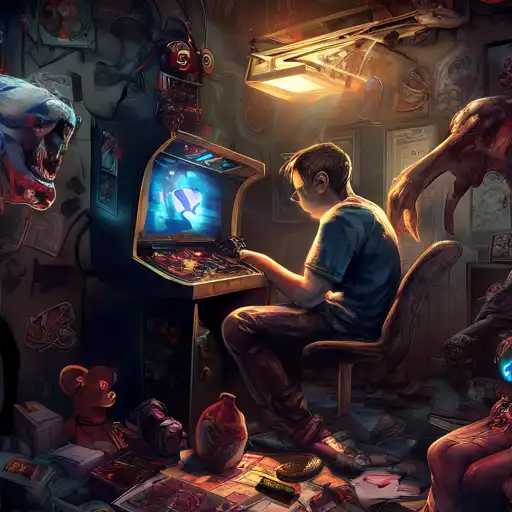Introduction to Gaming Addiction
Gaming addiction has become a significant concern in the digital age, affecting individuals across various age groups. This article delves into the psychological underpinnings of gaming addiction, shedding light on why some individuals are more susceptible than others.
The Role of Dopamine in Gaming Addiction
At the heart of gaming addiction lies the brain's reward system, primarily driven by dopamine. This neurotransmitter plays a pivotal role in how we experience pleasure and motivation. Games are designed to trigger dopamine release, creating a cycle of reward and reinforcement that can lead to addictive behaviors.
Psychological Profiles Prone to Addiction
Not everyone who plays video games develops an addiction. Certain psychological traits, such as impulsivity, social anxiety, and a tendency towards escapism, can increase the risk. Understanding these profiles can help in identifying and addressing potential addiction early.
Escapism and Gaming
For many, gaming offers an escape from reality. This section explores how the immersive worlds of video games can become a refuge for those dealing with stress, anxiety, or dissatisfaction in their personal lives, potentially leading to excessive gaming.
The Impact of Social Isolation
Social isolation can both be a cause and a consequence of gaming addiction. This segment examines the vicious cycle where individuals turn to games for social interaction, only to find themselves further isolated from real-world connections.
Strategies for Managing Gaming Habits
While gaming addiction is a serious issue, there are strategies to manage and mitigate its impact. From setting time limits to seeking professional help, this section provides actionable advice for those looking to regain control over their gaming habits.
Professional Help and Resources
For individuals struggling with gaming addiction, professional help can be invaluable. This part highlights the importance of therapy and support groups in overcoming addiction and mentions resources available for those in need.
Conclusion
Understanding the psychology behind gaming addiction is the first step towards addressing it. By recognizing the signs and knowing where to seek help, individuals and their loved ones can take proactive steps towards healthier gaming habits.
For more insights into mental health and behavior, explore our mental health section.
